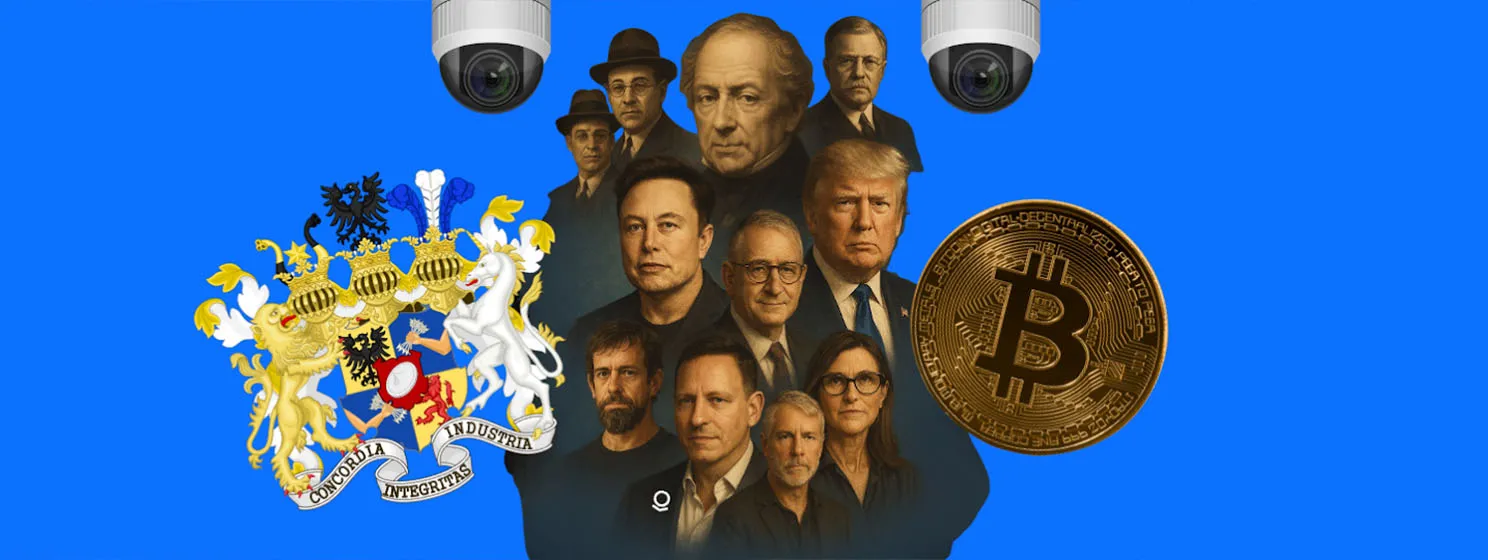|
Getting your Trinity Audio player ready...
|
Given all the recent drama in the space around lawsuits, trials, and online attacks this article will focus on what is needed to push the ecosystem forward.
More hackathons
More hackathons need to be hosted more frequently. The BSV Blockchain Association for example needs to be hosting at minimum 4 per year, quarterly. The association is hosting a hackathon from November 2 to December 2, 2022, with the criteria limited to zero-knowledge proofs specifically—with a total prize pool of $45,000.
In my opinion, based on the current reality of the digital currency space, Bitcoin SV’s poor public perception and greater macroeconomic bear market, the subject criteria of such events should not be restricted. On a blockchain desperate for users, investment, capital, and liquidity, the last thing needed is to federate sponsored competitions that are supposed to incentivize more development and more applications to frankly an obscure piece of technology. Also, the price amount needs to be increased to attract more developers.
The reality is that developers are leaving the ecosystem to build on, or create other chains for all sorts of reasons but not limited to, lack of users, liquidity and/or fundamental misunderstandings of what the technology is capable of.
More free transactions
Logically, if micropayments attract innovation, then nanopayments will attract more. If that is true, then free transactions will generate more activity, more experimentation, and more innovation. Satoshi Nakamoto has always believed that “we should always allow at least some free transactions.”
To date, on the alleged enterprise blockchain that can best facilitate micropayments at scale, there are virtually zero free transactions on Bitcoin Satoshi’s Vision. Free transactions would incentivize businesses to try different types of means to attract customers with nearly zero risk. Bitcoin businesses that already hold the coin can have their customers using the ledger in novel ways without knowing so or added cost. Nodes per the creator’s advice, need to implement a threshold per block of free transactions they will accept.
More nodes
The recent empty block “attack” has created much discussion around what is the role of the Bitcoin Association, Craig Wright, and the nodes on the network. My belief is that nodes (transaction processors) need to deal with these issues in the free market. However, due to the cratering price of the coin, lack of demand for transaction and paltry transaction fee to block subsidy ratio, such an “attack” became possible, and attractive.
Gorilla Pool, the most progressive node in my opinion, has a phrase that can be applied to this issue, encouraging users to “Mine about it.”
Everything is bananas.
Mine about it. pic.twitter.com/y42XyJb5xG
— GorillaPool (@MineLikeAnApe) October 24, 2022
Kurt Wuckert Jr. in an interview on my YouTube channel called for every BSV startup to acquire 2 ASIC miners to support the network.
Unlike the fallacious concept that home nodes matter in BTC, this action would strengthen the network and its effects by increasing overall hash power, robustness, and ability for businesses to transact securely.
Furthermore, by the businesses putting their money where their mouth is, startups can earn revenue and have more of a stake and say in what happens instead of helplessly watching events play out and subscribing to nonsensical commentary on social media.
The more desperate the ecosystem gets, the more truth about its fate will emerge. Is Bitcoin truly desired by society on a global scale? Or will it fade into obscurity like many digital currencies have in the past? The only way to find out is to continuously battle test the network and observe if it can pass or fail.
Watch: The BSV Global Blockchain Convention presentation, Making blockchain easy for real world use

 07-15-2025
07-15-2025 





